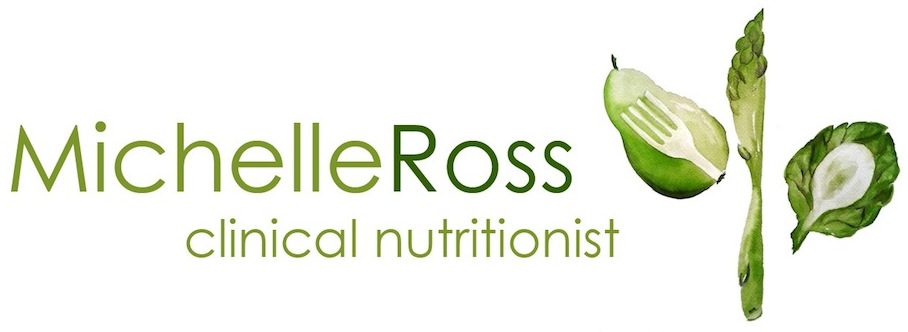“Sleep is the most important predictor of how long you will live, perhaps more important than whether you smoke, exercise, or have high blood pressure or cholesterol levels.”
Demet, W. & Vaughan, C. The Promise of Sleep: A Pioneer in Sleep Medicine Explores the Vital Connection Between Health, Happiness, and a Good Night’s Sleep, 2000: Dell Publishing, N.Y.
Some tips for increasing restful sleep:
- Go to bed at a time that will allow you to wake up feeling rested. It is best to keep a consistent wake/sleep cycle, even on the weekends.
- Create a sleep-friendly environment. Keep you bedroom quiet, cool, dark and free from clutter and distractions.
- Sleep in as dark an environment as possible. Consider eyeshades or black-out shades for your windows. Melatonin regulates the sleep/wake cycle and is secreted in darkness.
- Take an Epsom salts bath before bed. Add 1 to 2 cups to a hot bath. (Caution: Avoid Epsom salt baths if you have heart trouble or are diabetic.)
- Remove anything electrical from your bedroom. (e.g., TV, computer, electrical alarm clocks, phones, etc.)
- Avoid drinking too much liquid in the afternoon and evening.
- Journal before bed. You can write down things you are grateful for, your dreams or worries, or just write about your day.
- Take 200-400 mg of magnesium to relax your nervous system and muscles. Use magnesium citrate if you tend toward constipation and magnesium glycinate if you tend toward loose bowels.
- Soon after awaking, expose yourself to bright sunlight. This will help to reset your internal clock allowing you to differentiate between night and day.
- Use caffeine wisely. It you are needing it to help you stay awake during the day, it may end up preventing your from quality sleep at night.
- Avoid relying on alcohol to fall sleep. It may help you fall asleep, but it will interfere with the quality of your sleep.
- Try relaxation or breathing exercises, meditation or a guided imagery CD to help you fall asleep or to help you go back to sleep if you wake up in the night.
- Avoid energetic exercise after dinner. It can be stimulating and can make it more difficult to fall asleep.
- View sleep as an essential nutrient. Make it a priority!
Wishing you blissful, restful sleep!
♥ michelle
References:
Hyman, Mark. The Blood
Sugar Solution. Little, Brown and
Company:New York, 2012.
Clark, Linda. Detox 360°: An Integrative Detox System. Apex Energetics, Inc., 2010.




